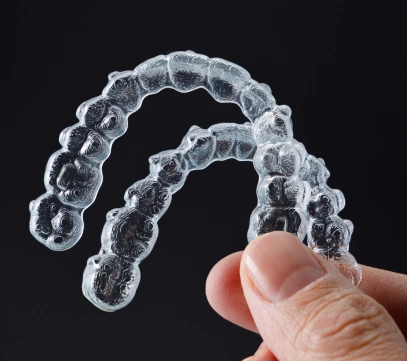
When most people think of acid reflux or GERD (Gastroesophageal Reflux Disease), they think of heartburn or digestive discomfort. But did you know that stomach acid can also affect your teeth?
How GERD Affects Your Teeth
GERD causes stomach acid to travel up the esophagus and sometimes into the mouth. Over time, this acid can erode tooth enamel —the hard outer layer that protects your teeth—leading to:
- Tooth sensitivity
- Thinning or weakening enamel
- Increased risk of cavities
- Yellowing or changes in tooth appearance
Signs to Watch For
- Unexplained tooth wear or sensitivity
- Frequent heartburn or acid taste in your mouth
- Irritation in the throat or hoarseness
How to Protect Your Smile if You Have GERD
- See your dentist regularly: Early detection can limit damage.
- Rinse with water after reflux episodes: Helps neutralize acid.
- Wait to brush: Brushing right after reflux can wear down softened enamel—wait 30 minutes.
- Use fluoride toothpaste or rinses: Strengthens enamel.
- Work with your physician: Managing GERD is key to protecting your teeth.
When to Call Your Dentist
If you notice sensitivity, changes in your teeth, or ongoing heartburn, schedule a dental checkup. Your dentist can monitor your enamel and suggest protective treatments like fluoride or custom nightguards.
Concerned about acid erosion? Call 916-315-3558 or request an appointment online at www.rcdentistry.com.


